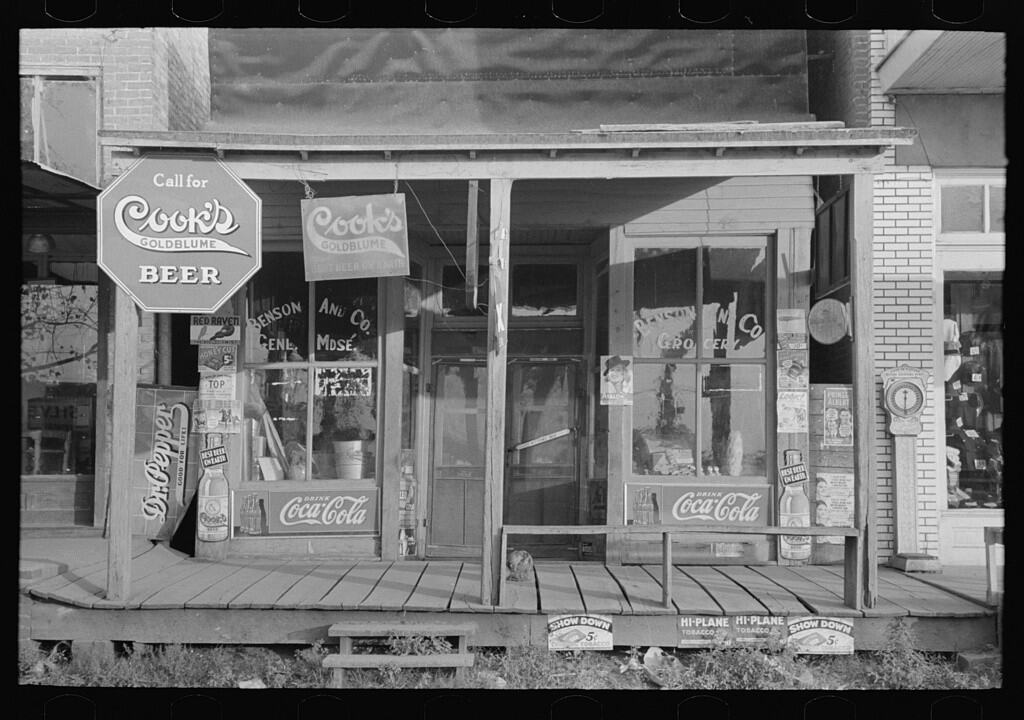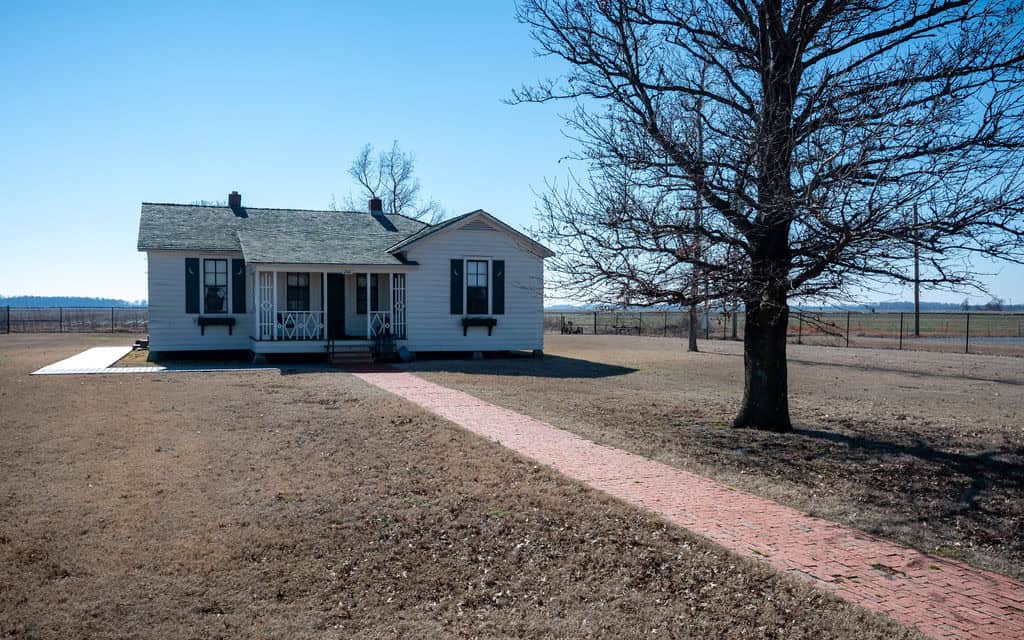Sharing the untold stories of rural Arkansas.
I grew up here in The Natural State. From my earliest memories cruising in my pawpaw’s classic red and white Ford past cow pastures and waving neighbors to my college years on the hill in Fayetteville and my more recent professional journey through the Delta and other regions, I remain in awe of the way Arkansans take red dirt and make just about anything you can imagine. However, my unique place in our history and society compels me to recognize our complex shared history. No state is perfect, not even the only state (place in the world) where a woman off the street can dig for diamonds, call the Hogs with a rowdy crowd, and shop at one of the most globalized companies all in the same day!
Traveling through two historic counties, Ouachita and Phillips, I heard Arkansans share their stories. I heard about what makes residents proud and learned what rips up their souls. Join us as we journey and search for a deeper understanding of life in rural Arkansas.

On Ouachita and Phillips Counties
Both Ouachita and Phillips counties played crucial roles in making Arkansas the state it is today. Ouachita County, a southern Arkansas gem, boasts a history that stretches back to its establishment in 1842. Its county seat, Camden, was once a Spanish outpost in 1782 before being renamed by American settlers. Today, it stands as a testament to the resilience and innovation of its people, producing influential politicians and cutting-edge defense technology. As described on its website, Camden is a thriving community deeply rooted in agriculture and industry.
Phillips County, situated in the eastern part of the state along the Mississippi River, has been a crucial site in the history of Arkansas as an essential port for hardwood and cotton. Many of us remember Elaine and surrounding areas as sites of racial violence and redemption—namely, the Elaine Race Massacre and, now, the burgeoning grassroots political movements. Music, storytelling, and nearly two dozen National Register of Historic Places represent parts of the county that tell the tale better than more lucrative exports. The county seat, Helena-West Helena, has earned its place as a political hotspot in the Arkansas Delta over the past few years.
Highlighting Community and Culture

Families are the backbone of any community. During our journey, we explored the rich tapestry of personal stories that comprise the fabric of Ouachita and Phillips counties. From tales of ancestors who fought for civil rights to modern-day struggles and triumphs, these stories provide an understanding of the community’s identity and resilience.
The local culture of Ouachita and Phillips Counties is a source of immense pride for its residents. Shaped by generations, its unique character should be celebrated. Our project will do just that by highlighting cultural aspects and high points that residents point out as vibrant examples of the place they call home. These high points foster a sense of pride and belonging among residents and showcase the vibrancy of rural Arkansas
Arkansas has always been a rural state. After my travels, “rural” has a whole new meaning to me. Growing up in rural Southwest Arkansas, I know what it’s like to feel like your home isn’t getting its fair share. I believe uplifting rural voices is not just important, but essential.



